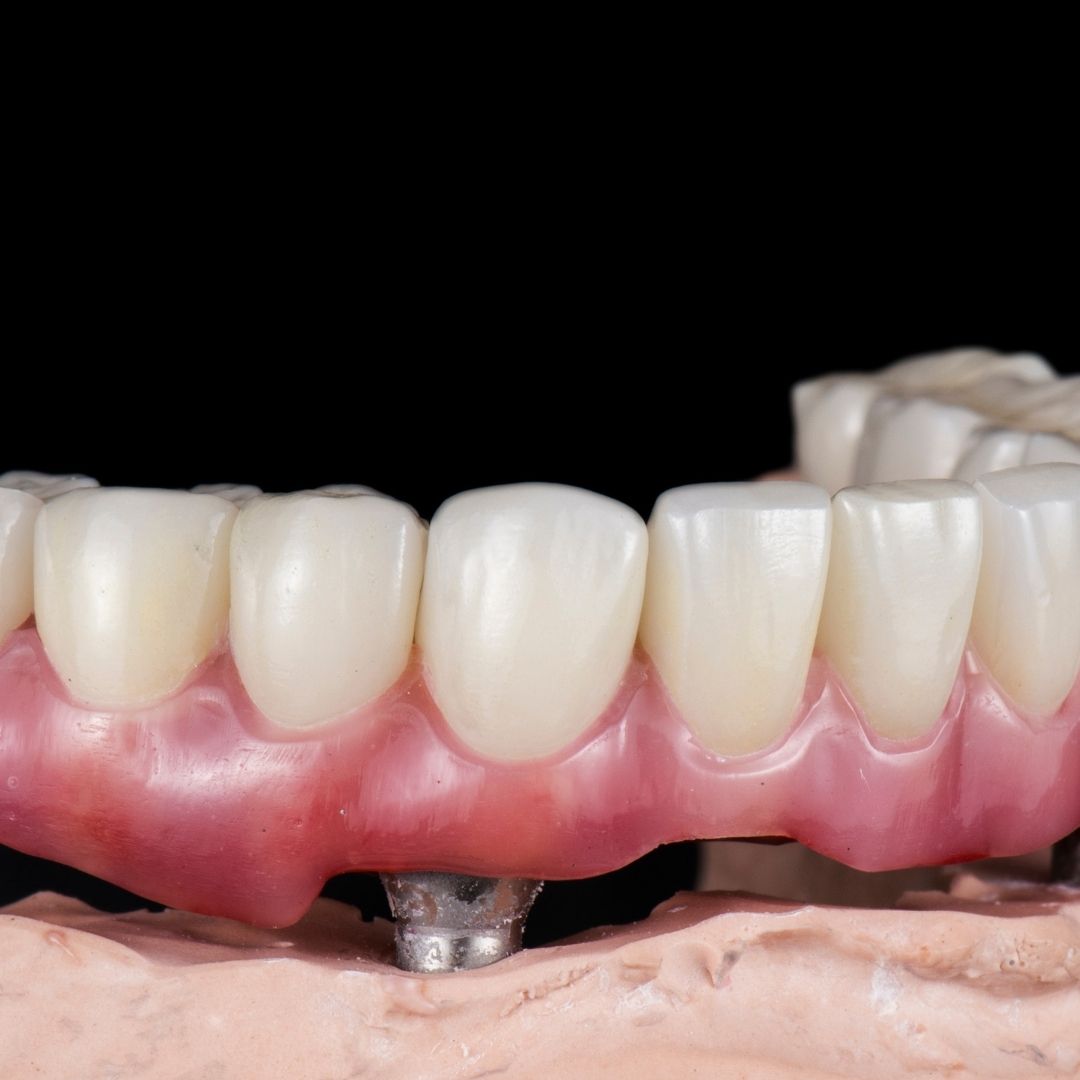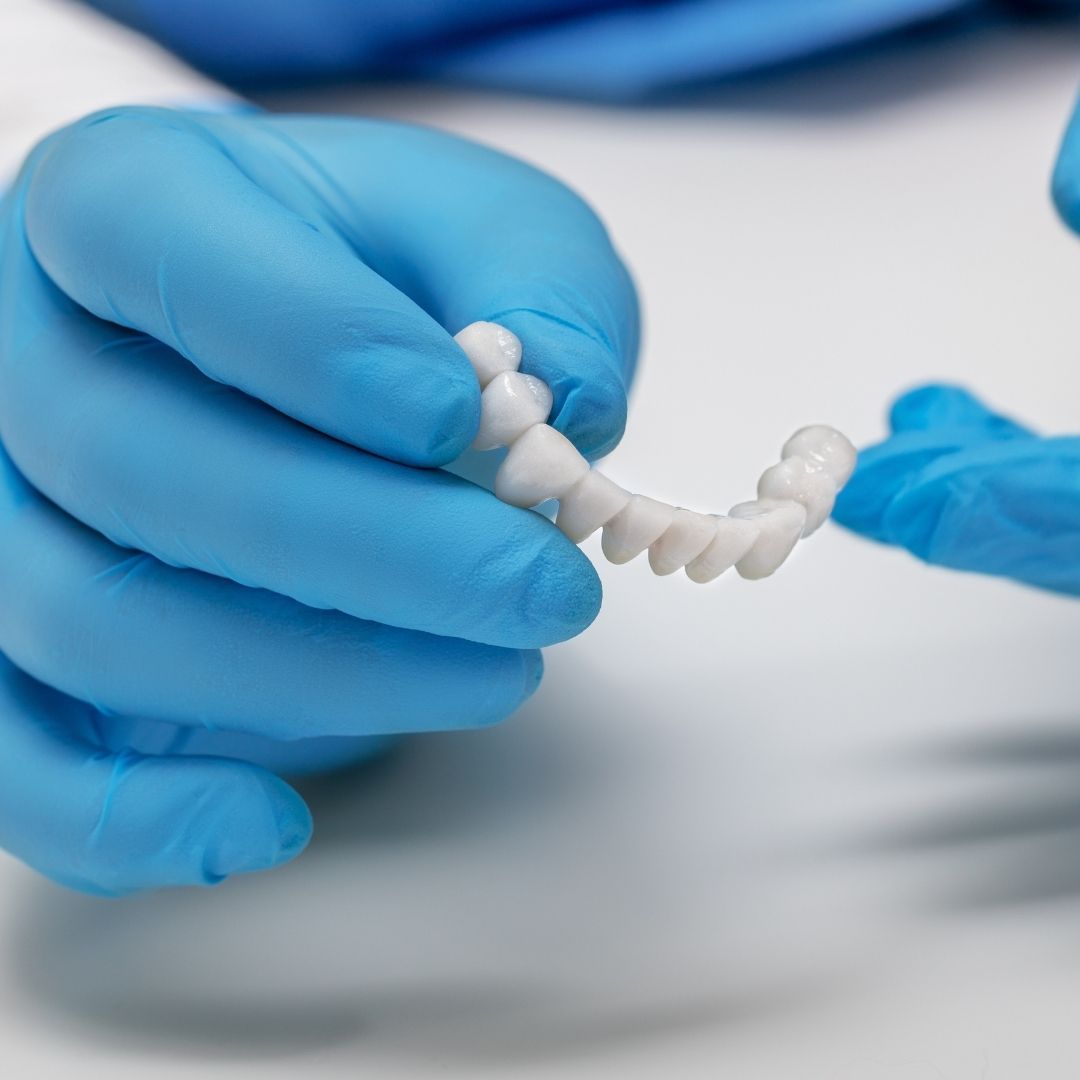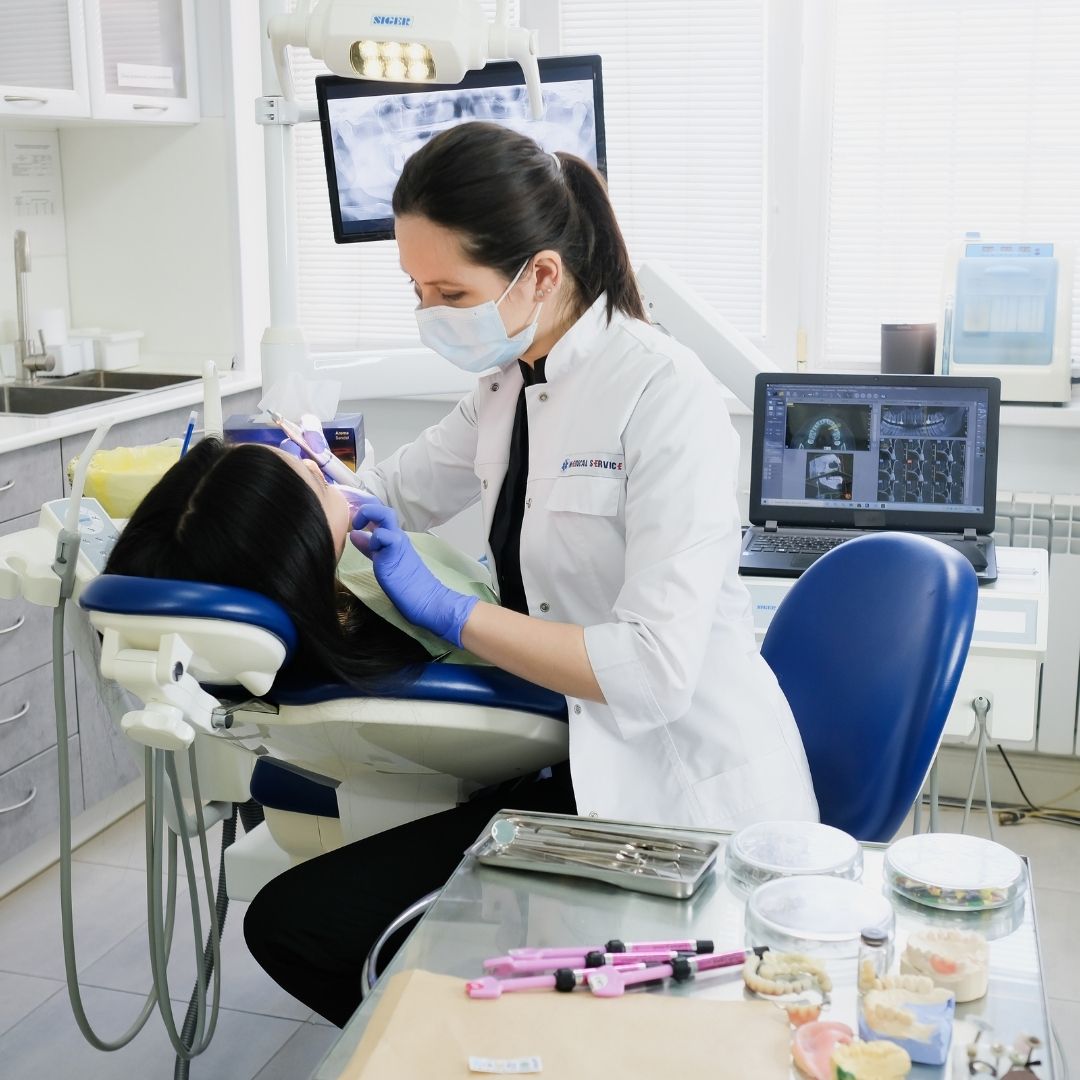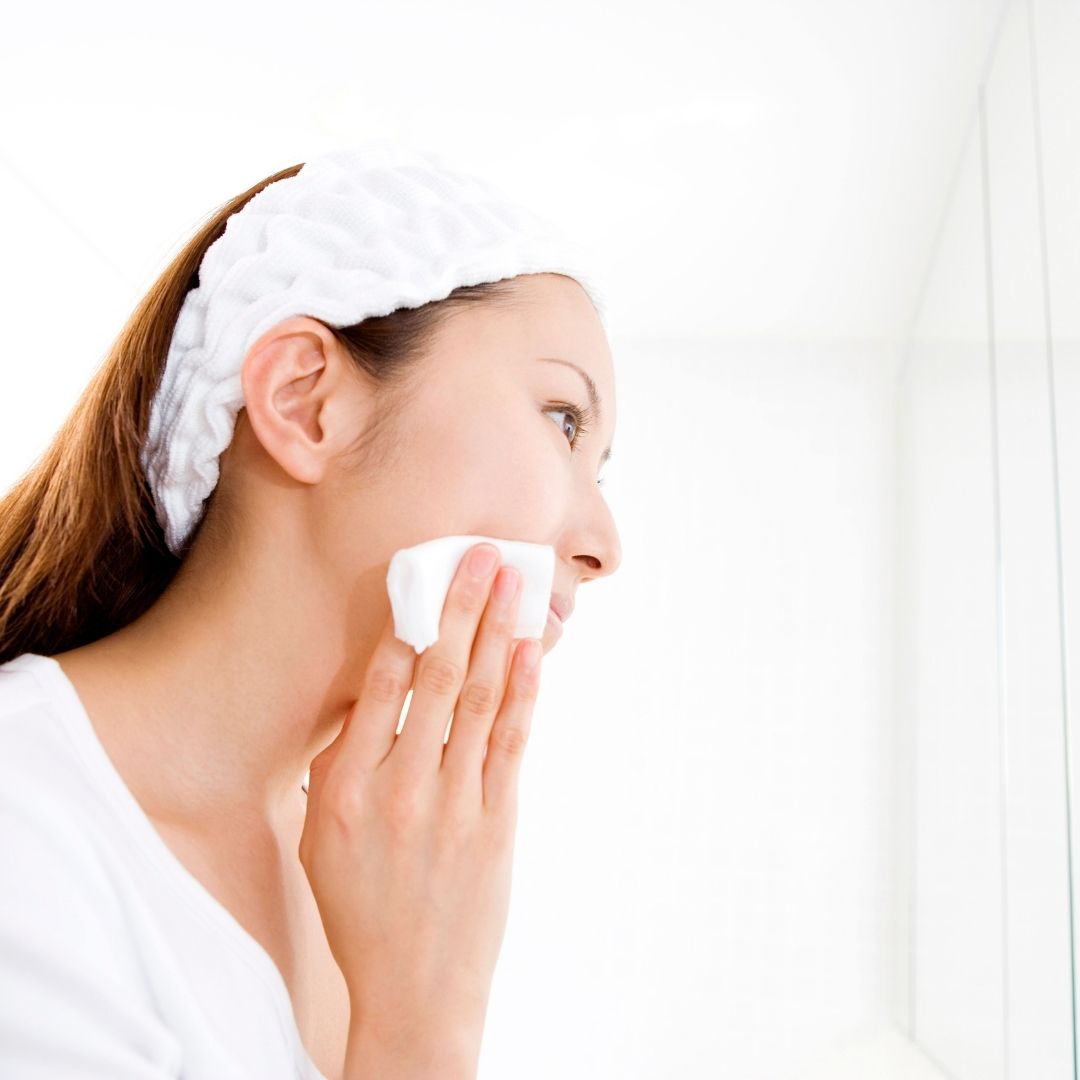
Brushing Your Teeth Too Hard
As a child, most of us were taught to brush our teeth at least twice a day to keep our teeth and gums healthy. However, what we were not told is that there is a hidden risk involved in brushing our teeth, and that is brushing too hard. Brushing too hard may cause damage to our teeth and gums, leading to tooth sensitivity, receding gums, and even tooth loss. In this article, we will discuss the hidden risks of brushing your teeth too hard and what you need to know to avoid them.
How Do You Tell If You’re Brushing Your Teeth Too Hard?
Brushing your teeth too hard can cause various symptoms that you should be aware of. Some of the most common symptoms of brushing teeth too hard include:
Gum bleeding: If you notice blood on your toothbrush or in the sink after brushing, it may be a sign that you are brushing too hard.
Tooth sensitivity: If you experience pain or sensitivity when eating or drinking hot, cold, or sweet foods, it may be a sign of overbrushing.
Receding gums: If your gums are receding or pulling away from your teeth, it may be due to excessive brushing.
Toothbrush abrasion: If you notice notches or grooves in your teeth near the gum line, it may be a sign of toothbrush abrasion caused by overbrushing.
How Hard Is Too Hard Brushing?
The American Dental Association (ADA) recommends brushing your teeth twice a day for two minutes each time. However, it is essential to brush your teeth gently and avoid applying too much pressure. Using a hard-bristled toothbrush can also cause damage to your teeth and gums. So, it is recommended to use a soft-bristled toothbrush and to brush your teeth using gentle circular motions.
What Happens If You Brush Your Teeth Too Hard?
Brushing your teeth too hard can lead to various dental problems, including tooth sensitivity, gum recession, and enamel erosion. When you brush your teeth too hard, the enamel, which is the outer layer of your teeth, may start to wear away. As a result, your teeth may become more sensitive to hot, cold, or sweet foods, and you may experience pain or discomfort.
Moreover, overbrushing can cause your gums to recede or pull away from your teeth. This can expose the sensitive roots of your teeth, which can cause pain and sensitivity. If left untreated, receding gums can also lead to tooth loss.
How Do You Fix Overbrushed Teeth? Tips For Restoring Your Oral Health
If you have been overbrushing your teeth, it is important to take steps to fix the damage before it leads to more serious dental problems. Overbrushing can cause a range of issues, including tooth sensitivity, gum recession, and worn enamel. In this article, we will discuss how to fix overbrushed teeth and restore your oral health.
The first step in fixing overbrushed teeth is to switch to a soft-bristled toothbrush and avoid applying too much pressure when brushing your teeth. You should also use fluoride toothpaste to help strengthen your teeth and prevent tooth decay. If you experience tooth sensitivity, your dentist may recommend a desensitizing toothpaste or treatment to help relieve your symptoms. In addition to these steps, there are other things you can do to restore your oral health:
Visit your dentist: If you have been overbrushing your teeth, it is important to visit your dentist for a checkup. Your dentist can evaluate the extent of the damage and recommend appropriate treatment.
Consider dental bonding: If your teeth have been worn down due to overbrushing, dental bonding may be a good option. Dental bonding involves applying a tooth-colored resin to your teeth to restore their shape and size.
Use a mouthguard: If you grind your teeth at night, it can exacerbate the damage caused by overbrushing. A mouthguard can help to protect your teeth while you sleep.
Practice good oral hygiene: To prevent further damage to your teeth and gums, it is important to practice good oral hygiene. This includes brushing your teeth twice a day with a soft-bristled toothbrush, flossing daily, and visiting your dentist regularly.
How Long Does It Take For Gums To Heal After Brushing Too Hard?
If you have been brushing your teeth too hard, you may have noticed that your gums are red, swollen, and tender. Brushing too hard can cause gum damage, including gum recession, which can lead to more serious dental problems if left untreated. In this article, we will discuss how long it takes for gums to heal after brushing too hard and the steps you can take to speed up the healing process.
The healing time for gum damage caused by brushing too hard can vary depending on the extent of the damage. In general, it can take anywhere from a few days to a few weeks for your gums to heal. During this time, it is important to avoid brushing your teeth too hard or using abrasive toothpaste. You should also avoid eating spicy or acidic foods that can irritate your gums.
To speed up the healing process, you can try using a saltwater rinse or an antiseptic mouthwash to help reduce inflammation and promote healing. You can also apply a warm compress to your face to help reduce swelling and discomfort. If your gums are particularly painful, you may want to take over-the-counter pain medication, such as ibuprofen, to help relieve your symptoms.
It is important to note that if your gum damage is severe or if you are experiencing persistent pain or bleeding, you should visit your dentist. Your dentist can evaluate the extent of the damage and recommend appropriate treatment, which may include a deep cleaning, gum grafting, or other procedures to restore your gum health.
The Study of Brushing Teeth Too Hard
A recent study published in the ‘Journal of Dental Research’ conducted over a five-year period found a strong association between aggressive tooth brushing and gum recession. The study followed a large sample of participants and revealed that those who brushed their teeth too hard had a significantly higher risk of gum recession and tooth sensitivity compared to those who followed recommended brushing techniques. This study emphasizes the importance of brushing gently and using soft-bristled toothbrushes to protect your oral health.
Is Gum Damage Reversible?
can lead to permanent damage, such as receding gums and tooth loss. To prevent gum damage, it is important to brush your teeth properly and avoid overbrushing. The following tips can help you to maintain good oral health:
Use a soft-bristled toothbrush: Soft-bristled toothbrushes are gentle on your teeth and gums and can help prevent damage caused by overbrushing. Brush your teeth gently: Brush your teeth using gentle circular motions, and avoid applying too much pressure.
Use fluoride toothpaste: Fluoride toothpaste can help to strengthen your teeth and prevent tooth decay.
Floss daily: Flossing can help to remove food particles and plaque from between your teeth and along the gum line.
Visit your dentist regularly: Regular dental checkups can help to detect dental problems early and prevent further damage.
In conclusion, brushing your teeth too hard can cause serious damage to your teeth and gums. It is important to use a soft-bristled toothbrush, brush your teeth gently, and visit your dentist at Healthy Türkiye regularly to maintain good oral health. If you experience any symptoms of overbrushing, such as bleeding gums or tooth sensitivity, it is important to take action immediately to prevent further damage. By following these tips, you can prevent dental problems caused by overbrushing and keep your teeth and gums healthy.




